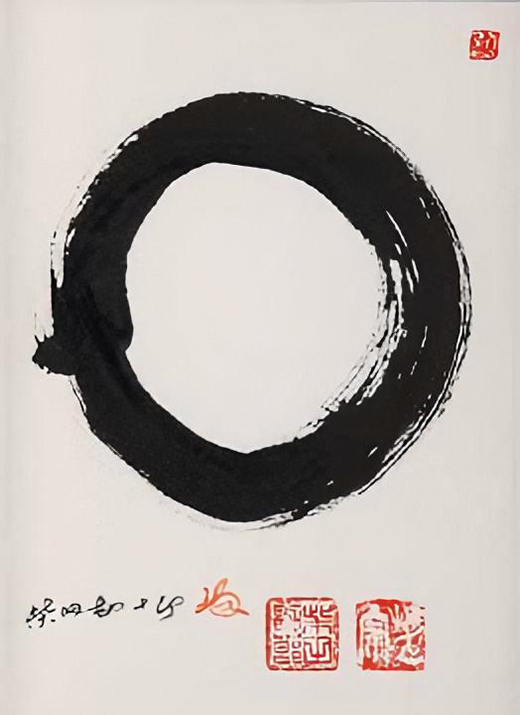Wim Wenders’ “Perfect Days” stands in stark contrast to the contemporary world, obsessed with frivolous ambition and the relentless pursuit of “being better.” Self-help books and exercise routines gather dust, healthy recipes get saved, and free AI courses to get that big break in your job, are abandoned midway. You eventually commit to one or two of those things, but rarely is it enough, and eventually, you’re left with those same feelings of inadequacy. A feeling borne of a struggle to do something you really don’t want to, except for wanting a better life. We chase an elusive image of success, fuelled by societal pressures and a gnawing sense of inadequacy.
Hirayama, the protagonist of Perfect Days, embodies a refreshing defiance of these norms. As a toilet cleaner in Tokyo, his world diverges from the conventional paths of success. When his niece questions his estrangement from his sister, he quietly remarks, “This isn’t my world, and we live in many different worlds in the same world.” This might be the longest sentence he utters in the film, yet it encapsulates his profound acceptance and wisdom. Hirayama reminds one of the “strong, silent” characters in Kurosawa’s films, but his strength lies not in detachment but in gentle contentment.
Unlike the stoics who conquer adversity through emotional detachment, Hirayama’s strength, however, lies in his gentility–a fascinating trope to explore in literature or cinema. In a heartfelt encounter Hirayama’s estranged sister, mother to his niece, steps out of her chauffeured car in her expensive suit, and asks, “do you really clean toilets now?” Hirayama, unfettered by the disdain, smiles at her with a look of pride in his eyes and nods warmly.
Most of us spend our lives trying to find ways to be better versions of ourselves, this notion of what is “better” is often stringently regulated by society. But Hirayama rejects those norms as he spends his time driving around Tokyo listening to Lou Reed and The Kinks, picking up discounted books and smiling mischievously whenever he sees the sun wafting through his favorite tree. He doesn’t care about any materialistic notions of success, not because he is some kind of rebel or cynic, but because he is content the way he is – a confusing minimalism that is also rather traditionally Japanese.
This philosophy of minimalism is derived from Zen Buddhism and the worldview of “wabi-sabi” where beauty is emphasized in simplicity and impermanence. Sometimes these reasons were more practical than spiritual. As frequent earthquakes would violently disintegrate both man and material, the Japanese constructed their simple yet elegant houses using things that could be sourced quite easily, and quickly rebuilt in the wake of a calamity.
In another poignant moment, Hirayama’s niece observes him cleaning a toilet, a task he approaches with quiet dignity despite her pity. A woman clacks her teeth to indicate she needs to use the toilet, and Hirayama swiftly shuffles outside and waits until she is done. The niece looks at him sadly, to study his reaction, but he only laughs sheepishly. It takes away any kind of perceived hurt or pain that the niece expected her uncle to harbor, and instead puts across this playful innocence, that is as charming as it is a sign of inner strength. It is this virtue of contentment that so many of us chase, often without realising it.
The artistic draw of Perfect Days lies in being a bit of a misfit – a toilet cleaner in Tokyo, a state of being most of us would blush at. The beauty of this film lies in making us realize that perhaps we unjustly perceive ourselves as socially inept in relation to our more moneyed peers – never content with whatever we achieve, and always striving for more, desperately seeking approval which ultimately either justifies our self-worth or shatters it. Hirayama, on the other hand, sees every day as a new possibility full of opportunities and beauty, instead of hoping that one day he might be fortunate enough to enjoy what has been here all this while.
This film serves as a gentle reminder that happiness might not lie in the perfect job, spouse, or home but in the daily joys we often take for granted. In a world intoxicated by ambition, Perfect Days invites us to reconsider what it truly means to be content. The more cynical among us might point this out as being a gross oversimplification, and argue that there may be more to life than these simple pleasures. But what if there isn’t?
In a world where we are indoctrinated and intoxicated by ambition and aspiration, Perfect Days suggests that what we’re ultimately striving for is to be happy. By drawing us into Hirayama’s life, we are left with a different understanding of what it means to be joyous. It’s a definition of happiness that isn’t rooted in having the perfect job, perfect spouse, or perfect home, in fact, every day could be as perfect as the other if you’re content. Hirayama is a “failure” in his sister’s eyes, and perhaps for many others he comes across, but the simplicity that he embraces, listening to his 70s records and paging through his favourite books, leaves most people with a crippling sense of envy.




